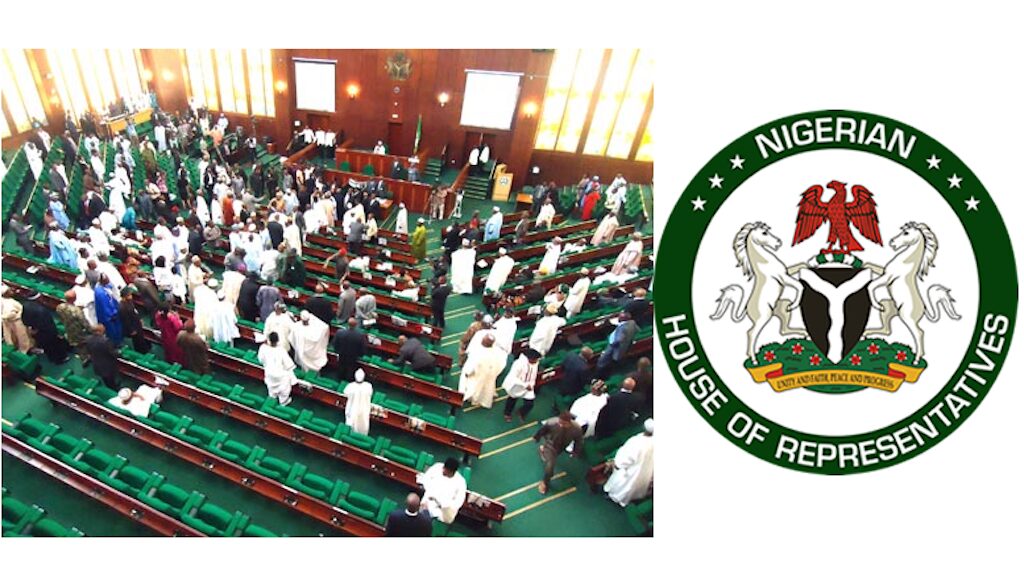The House of Representatives on Tuesday resolved to intervene in the recent face-off between members of the Petroleum and Natural Gas Senior Staff Association of Nigeria and the Dangote Refinery, which had disrupted petroleum product distribution nationwide.
The resolution of the House followed the consideration and adoption of a motion of urgent public importance co-sponsored by Kano and Sokoto lawmakers, Alhassan Doguwa and Abdussamad Dasuki, respectively, at Tuesday’s plenary.
Titled: “Need to protect private investment from adversarial unionism,” the lawmakers drew the attention of their colleagues to the significance of the Dangote Refinery, describing it as the largest private petroleum refinery in Africa.
The face-off between PENGASSAN and the Dangote Refinery led to an industrial action which commenced on September 29, 2025, disrupting the operations at the $20bn refinery.
It also led to a disruption in Nigeria’s crude oil production, with a reported daily loss of approximately 200,000 barrels over three days.
The disruption worsened the petroleum supply situation across the country, resulting in scarcity and long queues at filling stations in several states, resulting in severe hardship for millions of Nigerians.
Speaking on the motion, Doguwa, who represents Doguwa/Tudun Wada Federal Constituency, Kano State, stressed the need to protect the Dangote Refinery given its strategic significance to the nation’s economy.
He said, “The House is aware that the Dangote Refinery is a strategic private investment of immense national importance, with the potential to guarantee energy security, reduce import dependency, generate employment, and conserve foreign exchange.
“We are aware that the Dangote Refinery operates within a Free Trade Zone, and therefore falls under the regulatory framework of the Nigeria Export Processing Zones Authority, particularly Section 18(5) of the Nigeria Export Processing Zones Act which clearly states that ‘Employment in the free zone shall be governed by rules and regulations made by the Authority and not subject to the provisions of any enactments relating to employment matters.’
“The House is concerned that actions by labour unions that disregard the legal protections conferred on Free Zones under the NEPZA Act not only constitute a breach of law but also create a hostile investment environment that may deter future local and foreign investors;
“We are worried that if private investments of strategic national importance are continually subjected to unlawful disruptions by adversarial unionism, Nigeria risks not only the failure of key economic assets but also the erosion of investor confidence necessary for national growth and development.”
In his contribution, the member representing Chibok/Damboa/Gwoza Federal Constituency, Ahmad Jaha, urged the House to tread carefully, adding that the call for a probe as prayed by the motion was ill-timed.
Following the adoption of the motion, the House urged its leadership to broker peace between the two parties in the interest of the nation.
It also urged the Federal Ministries of Labour and Employment, Industry, Trade and Investment, as well as Justice, to “Jointly develop and implement a national framework or set of policies to safeguard private investments of strategic national importance from adversarial and unlawful union actions.”
It further charged the Federal Ministry of Justice and NEPZA to ensure full enforcement and compliance with the provisions of Section 18(5) of the Nigeria Export Processing Zones Act in all relevant Free Zone operations.
punch.ng
FOLLOW US ON:


























